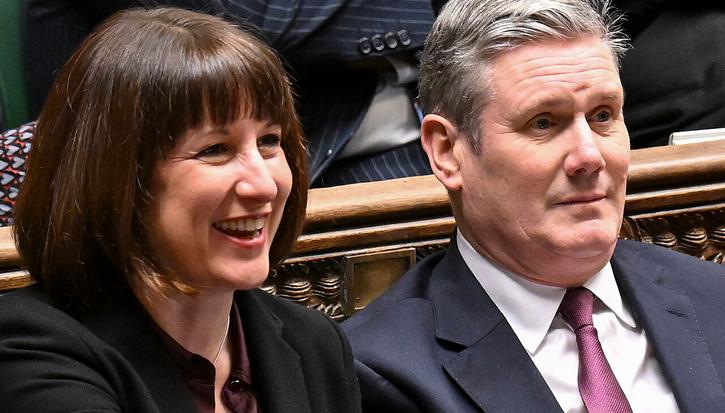Just about managing demand: Reforming the UK’s macroeconomic policy framework
Article
Since the global financial crisis, monetary and fiscal policy have been pulling in opposite directions. On the one hand the government has been withdrawing demand from the economy through severe public spending cuts. On the other, with interest rates close to zero, the Bank of England has used quantitative easing (QE) to inject demand into the economy. The result has been the slowest recovery from recession in modern times, an inequitable and distorting rise in asset prices, and interest rates still close to zero. This has left policymakers without a reliable set of tools to combat the next recession.
The paper sets out three areas for reform. First, it proposes new fiscal rules which would enable more active fiscal policy in a downturn, including greater public investment. Second, it proposes a revision of the Bank of England’s mandate to help interest rates rise faster in time for the next recession. Third, it describes a new mechanism under which, when interest rates cannot be cut sufficiently, the Bank of England would delegate an economic stimulus to a new National Investment Bank, and would purchase its bonds as necessary to ensure a direct injection of demand. With the economy now likely to be closer to the next recession than the last, the paper argues that these reforms would enable a much more effective policy response.
Related items

Regional economies: The role of industrial strategy as a pathway to greener growth
Regions like the North should have a key role to play in the development of a green industrial strategy.
Achieving the 2030 child poverty target: The distance left to travel
On 27 March, the Scottish government will announce whether Scotland’s 2023 child poverty target – no more than 18 per cent of children in poverty – was achieved.
Spring statement: A changed world calls for a changed course
If there are decades where nothing happens and there are weeks where decades happen, the last few weeks feel seismic. The prime minister was right to say the world has changed. Donald Trump’s re-election in November has unleashed a wave…